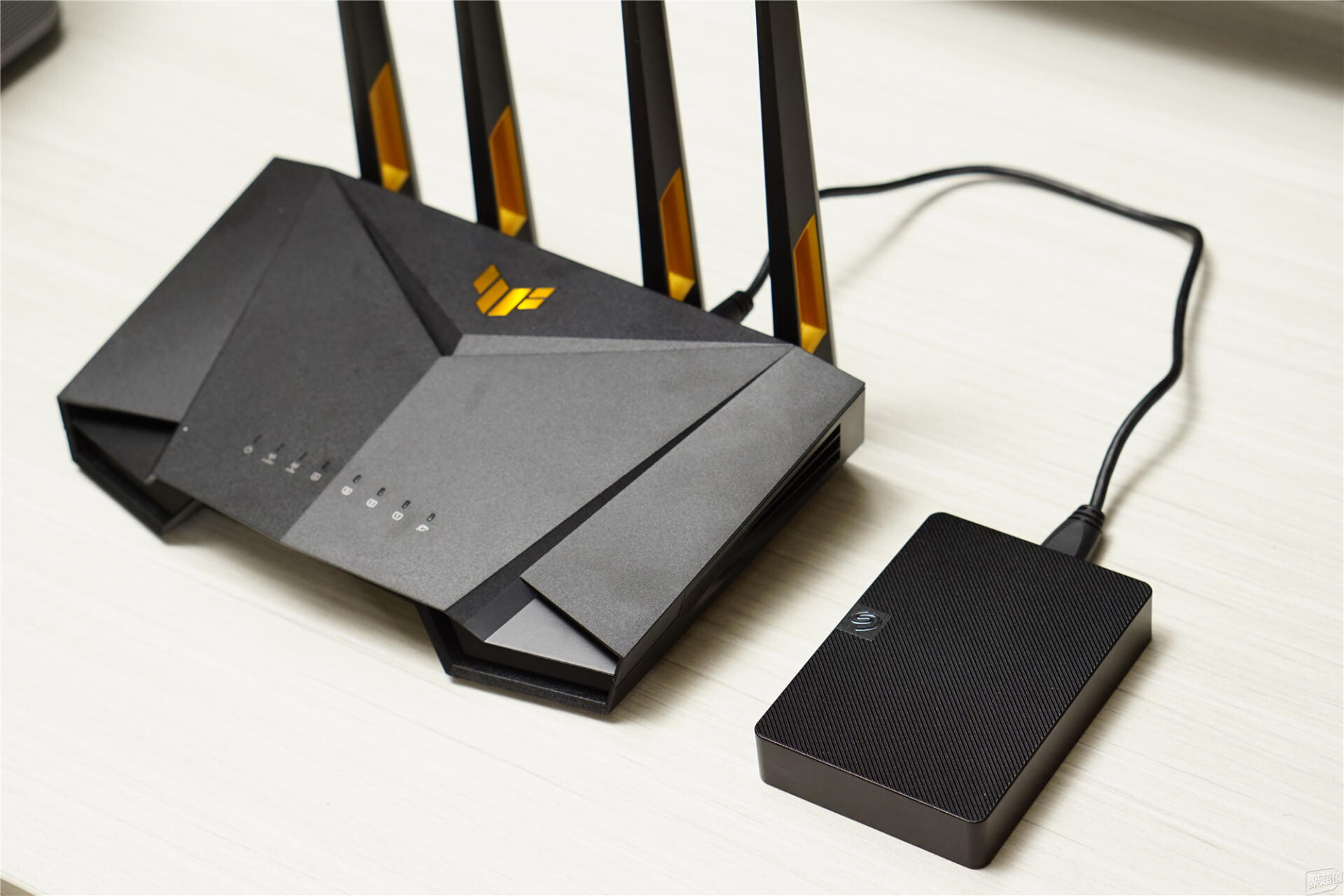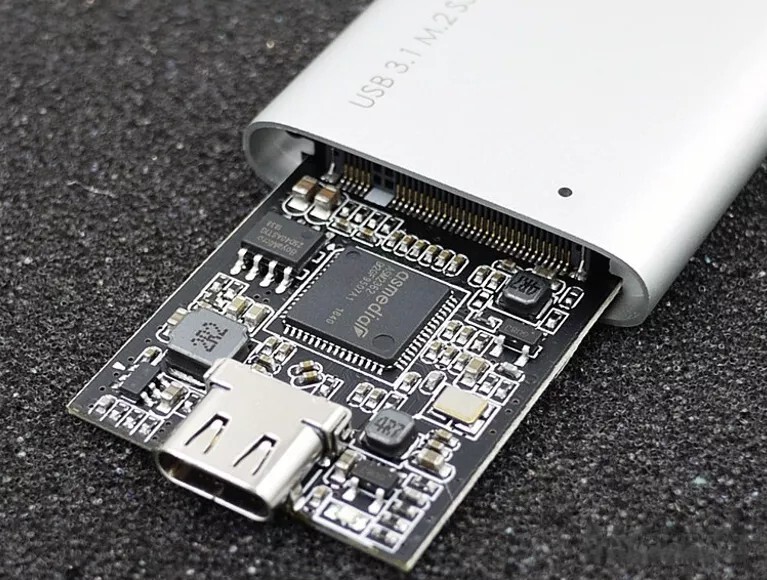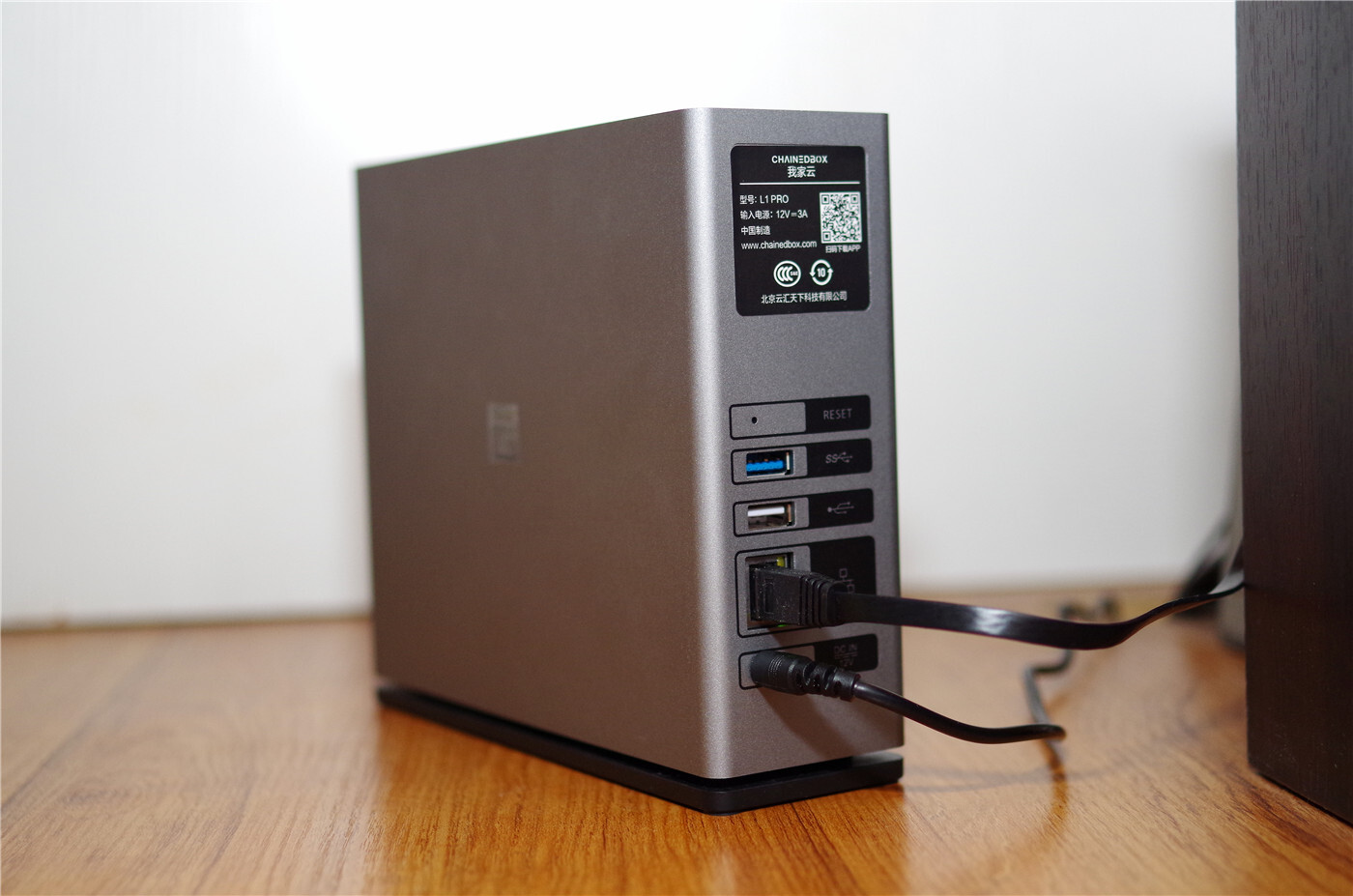用iPerf3测试网络性能

用iPerf3测试网络性能
Mitchell什么是 iPerf3 ?
iPerf3 是一种用于主动测量 IP 网络上可实现的最大带宽的工具。它支持调整与时序 (timing)、缓冲区 (buffers) 和协议 (TCP、UDP、SCTP with IPv4 & IPv6) 相关的各种参数。对于每个测试,它都会报告带宽 (bandwidth)、丢包 (loss) 和其他参数。
iPerf3 被广泛用于测试内网网速、网卡性能、内网穿透性能等。
iPerf3 和 iPerf2 的关系
iPerf3 不是 iPerf2 的升级版,事实上,二者没什么关系。iPerf3 和 iPerf2 的区别如下:
| iPerf3 | iPerf2 | |
|---|---|---|
| 线程数 | 单线程 | 多线程 |
| 双工测试 | 不支持 | 支持 |
| 并行技术 | 基于进程 | 基于线程 |
其余的不同之处可参考这个网站:
配置环境
需要参与测试的两台设备都安装iPerf3。
安装方法如下(未列举的操作系统请自行搜索安装方法):
- 下载iPerf3程序包(由于iPerf3没有官方Windows版,你可以选择以下版本:
- 很多人使用的Vivien Guéant于2016年编译的3.1.3版本 iPerf3-Win-Vivien.G
- 持续更新的Budman编译的版本,截至2023年底已编译3.16版本 iPerf3-Win-Budman
- 解压压缩包;
- 使用cmd打开文件夹所在目录(或将 iperf3.exe 和 cygwin1.dll 文件复制到 C:\Windows 路径下;或配置环境变量),输入 iperf3 –version 查看是否可以运行。
对于基于Debian的系统(如Ubuntu):
1
2sudo apt-get update
sudo apt-get install iperf3对于基于RedHat的系统(如CentOS):
1
2sudo yum update
sudo yum install iperf3对于Fedora:
1
sudo dnf install iperf3
对于Arch Linux:
1
sudo pacman -Sy iperf3
安装完成后,使用运行
iperf3命令来验证安装是否成功。
- 运行终端。
- 运行以下命令以安装Homebrew(如果尚未安装):
1
/bin/bash -c "$(curl -fsSL https://raw.githubusercontent.com/Homebrew/install/HEAD/install.sh)"
- 更新Homebrew的软件库:
1
brew update
- 安装iperf3:
1
brew install iperf3
- 安装完成后,使用运行
iperf3命令来验证安装是否成功。
- 直接在OpenWrt软件包/Docker注册表里内搜索
iperf3安装即可。
使用 iPerf3 测速
随便选择一个设备作为服务器端,另一个设备作为客户端,不影响接下来的测试。(如果你使用的是Windows 3.1.3版,则最好不要用Windows作为服务器端,否则可能会影响UDP测试)
下面是基本操作,可以满足90%的使用场景:
服务器端:
1 | # 启动服务器端: |
客户器端:
TCP上传测试
1 | iperf3 -c [服务器端ip] -P [连接数] |
1 | iperf3 -c 192.168.1.21 -P 5 |
TCP下载测试
1 | iperf3 -c [服务器端ip] -P [连接数] -R |
1 | iperf3 -c 192.168.1.21 -P 5 -R |
UDP测试
1 | iperf3 -c [服务器端ip] -u -b [大致的网络带宽,例如1000M] |
Windows 3.1.3版有个bug:-u参数不能与-P共用,Linux服务器端则无此问题。
1 | iperf3 -c 192.168.1.21 -u -b 2500M |
完整的使用参数可通过iperf3 -h获取:
1 | [root@localhost ]# iperf3 -h |
评论
匿名评论隐私政策
✅ 你无需删除空行,直接评论以获取最佳展示效果




/Solid-state-Drive(SSD)_0.jpg)








